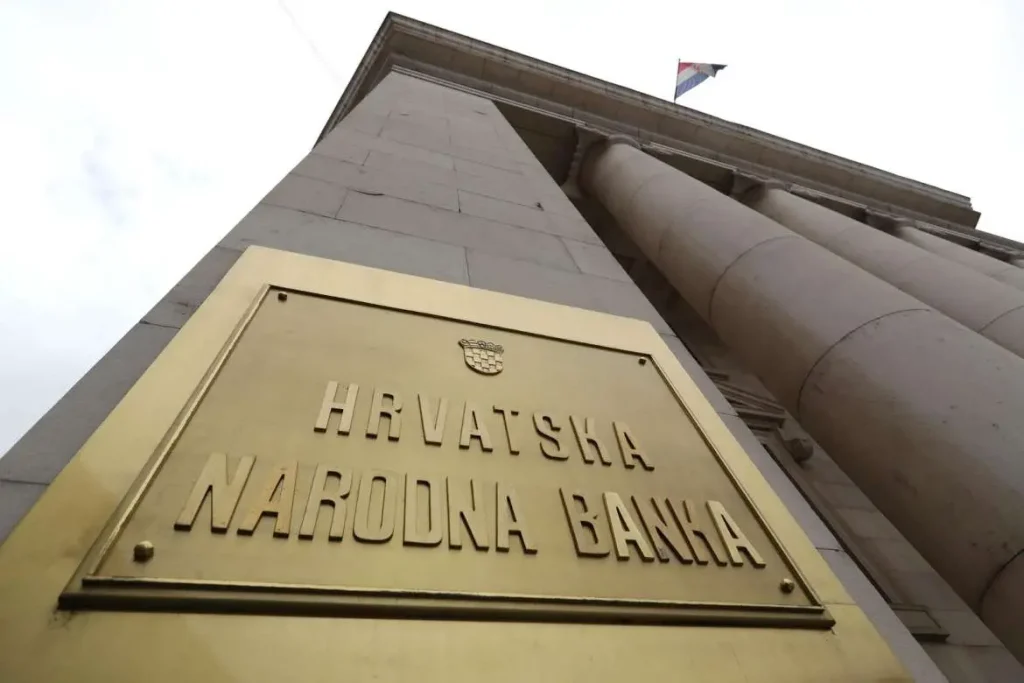Vujčić also said that he did not have information that other HNB employees did it either, calling on anyone with evidence of such activity to report it to the HNB and the Croatian Financial Services Supervisory Agency (HANFA).
The Index news website said on Monday that about 40 HNB staff, including HNB Governor Vujčić, had traded in bonds and shares of banks which are subject to oversight by the central bank, which has access to their confidential information.
“As far as I’m concerned, I sold the stocks of two banks that I had in 2001, after I became HNB vice governor and the HNB management at the time initiated legislative changes to forbid themselves to own bank stocks and trade in them, because at the time, it was allowed. If anything, one should commend such a move instead of attacking it. I could not have even imagined that in 20 years’ time someone will interpret it that way,” Vujčić told HTV.
“As regards other employees, if anyone has any information on insider trading, I am asking them to report it to the HNB and HANFA to check it,” Vujčić said, adding that he did not have such information.
The governor stressed that there was no evidence of any conflict of interest.
I know of three transactions, if there are strong indications or evidence, it should be submitted to us
He noted that he had knowledge of three transactions.
“I only know of three transactions that we were asked about and we responded. We did not find anything there that could indicate insider trading, which is absolutely unacceptable. If there is a strong indication or evidence of such activity, of someone having made money through insider dealing, it should be submitted not only to us but also to the competent institutions,” he said.
Asked if what would change as of 1 March 2022 was actually an indicator that previous practices were wrong, Vujčić said: “No. What has been going on since 2001 is that standards are being raised. In 2001 a ban was introduced for ECB management to hold stocks. In 2015 the ECB adopted an ethics framework guideline with which we have now aligned, I signed that decision last year. The standards were as they were and they are being raised. In ten years’ time, they will be even higher. We will adjust to the new ECB guideline by 1 June 2023,” he said, recalling also that different central banks have different regulations.
“In the United States the central bank allows trading in stocks also to the management. Some central banks have even stricter standards than the ECB, some do not allow employees to have deposits in banks,” Vujčić added.
I also spoke to prime minister
Vujčić said that the government did not seek a comment on the case, but he pointed out that he had spoken “with all relevant persons”.
“I have spoken to everyone I have to, including the prime minister. He asked what was happening,” said Vujčić.
Asked whether he was prepared to step down if insider trading was proven, Vujčić said: “If I traded in inside information, then definitely, I will step down immediately. If an employee has done it, and we didn’t know it, then it’s the employee’s responsibility”.
Vujčić once again called for information to be delivered to the HNB and said an inspection would be conducted.
“It is even more important that someone outside the HNB conducts that inspection, so that it is confirmed or otherwise,” said Vujčić, adding that the inspection was usually carried out by HANFA.










